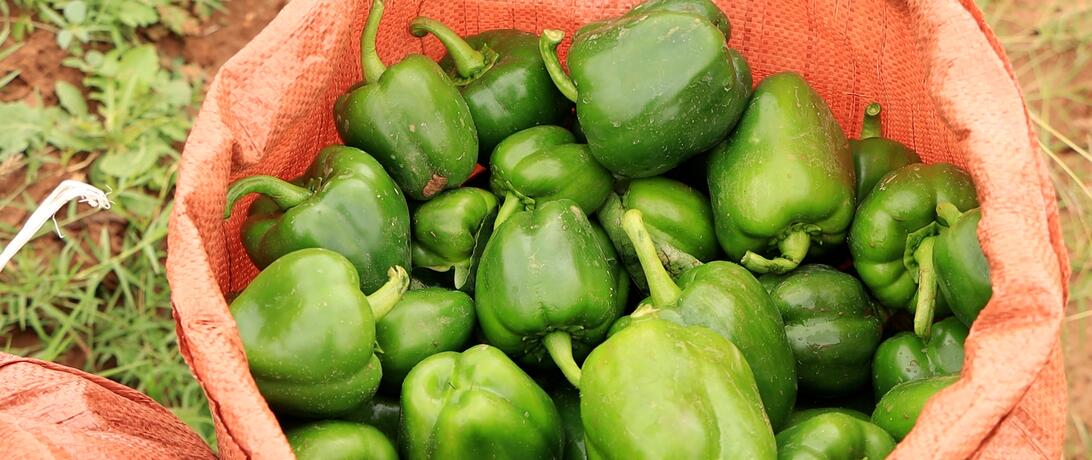The Importance of Agriculture
Enhancing food production can significantly reduce poverty and malnutrition, which are prevalent in the region. One Earth Future’s Shuraako program invests in agribusiness because sustainable agricultural practices can also mitigate the impacts of climate change, ensuring long-term food security.
Irrigation Techniques
Effective irrigation is crucial for agriculture in places where water scarcity is a major issue. Techniques such as spate irrigation, which involves diverting floodwaters to fields, have been used for centuries in arid regions. Modern methods like drip irrigation and water harvesting are also being adopted to maximize water use efficiency. These techniques help maintain soil moisture and improve crop yields, even in dry conditions.
Soil Nutrients
Soils can lack essential nutrients like nitrogen, phosphorus, and potassium. Addressing these deficiencies through organic and inorganic fertilizers can enhance soil fertility and boost crop production. Practices such as crop rotation and cover cropping also play a vital role in maintaining soil health and preventing erosion.
Greenhouses
Greenhouses offer a promising solution to the climatic challenges faced by the Horn of Africa. They provide a controlled environment that protects crops from extreme weather conditions such as droughts and heavy rainfall. This stability helps maintain consistent crop yields and enhances food security.
Benefits of Greenhouses:
• Climate Resilience: Greenhouses shield crops from harsh weather, ensuring stable growing conditions.
• Increased Productivity: By optimizing growing conditions, greenhouses can significantly boost crop yields.
• Resource Efficiency: Greenhouses use water and nutrients more efficiently than traditional farming methods.
Sustainable Development
Agriculture is a key driver of sustainable development in the region. By improving agricultural productivity, communities can achieve better food security, economic stability, and resilience against climate shocks. Sustainable practices, such as using drought-resistant crop varieties and integrated pest management, contribute to environmental conservation and resource efficiency.
Peace and Stability
In regions where agriculture thrives, communities are less likely to experience conflict over scarce resources. We invest in agribusiness that supports agricultural development and can foster social cohesion by providing shared goals and reducing competition for resources. Community-based irrigation projects and cooperative farming initiatives can strengthen local governance and promote peace.
Cultivating food is more than an agricultural endeavor; it is a cornerstone of sustainable development and peace. By adopting innovative irrigation techniques, improving soil health, and implementing sustainable practices we can build a resilient future. Investing in agriculture is peace.

